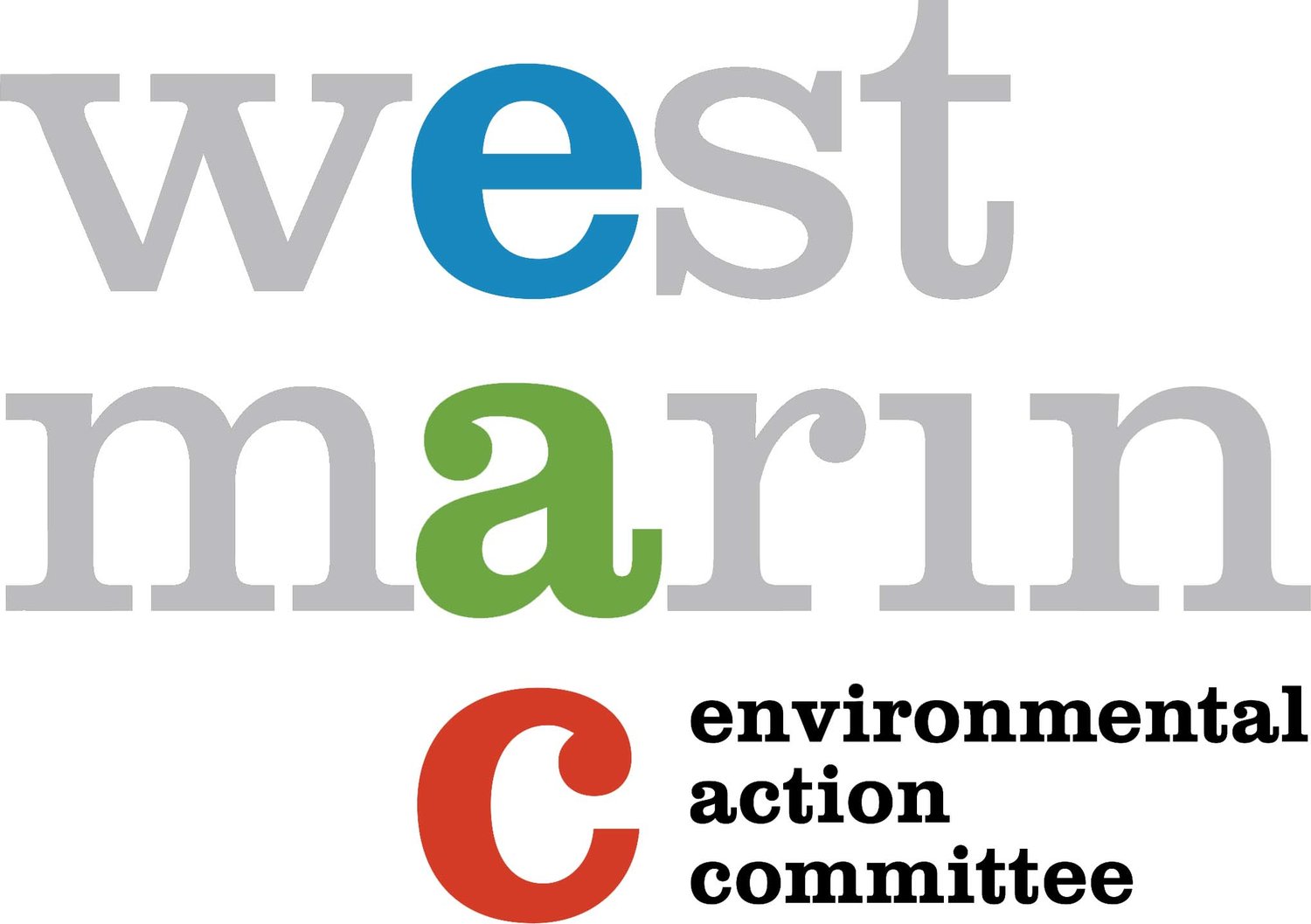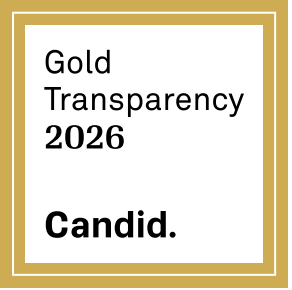As attacks on landmark environmental laws like the California Environmental Quality Act (CEQA) and the Coastal Act mount, we continue to champion coastal protection, clean water, and public access. Throughout the spring and summer, we’ve worked with partners across the state, taking a leading role in advocating for strong environmental protections for West Marin and statewide. Recently, we’ve tracked, analyzed, commented on, or lobbied on the following state bills. We have listed the bills below and whether we have supported or opposed them. You can always search a bill on California Legislative Information to learn more, see the status, and contact your representative to join us!
Support & Status:
Senate Bill (SB) 484 (Laird): Streamlines affordable housing in the Coastal Zone without undermining coastal resources. This bill is moving forward and has been re-referred to the Committee on Appropriations.
Assembly Bill (AB) 1448 (Hart): Significantly restricts offshore oil drilling. Referred to the Committee on Appropriations.
AB 1313 (Papan): Requires Statewide Commercial, Industrial, and Institutional (CII) Stormwater Permits, making commercial polluters do their fair share while funding local governments to develop green space. This bill is inactive.
SB 542 (Limón): Requires hydro test for restarting existing oil pipelines, reducing oil spill risk. This bill is moving forward and has been re-referred to the Committee on Appropriations.
SB 10 (Padilla): Dedicates toll road revenues for essential Tijuana river cleanup. The last hearing was postponed.
AB 762 (Irwin & Wilson): Bans disposable vapes to reduce vape pollution. It is now a 2-year bill.
SB 54 (Allen): Reduces plastic pollution at the source, shifting the burden of packaging waste to producers. We are pushing for the implementation of this 2022 bill.
AB 823 (Boerner): Bans plastic microbeads in personal care and cleaning products. Re-referred to the Committee on Appropriations.
AB 1056 (Bennett): Limits new permits for set gillnets, which cause high and indiscriminate mortality to marine animals. This bill is moving forward, although the last hearing was postponed. Holly Eberhard, our Legal & Policy Intern, voiced our continued support in June in Sacramento.
SB 601 (Allen): Codifies federal rights to clean water in state law to ensure California’s protections don’t backtrack. This bill is moving forward, re-referred to Appropriations.
SB 379 (Wiener): Requires Marin County to have real-time permitting for residential solar and storage systems. This bill was passed in 2022, but we are currently working on its implementation.
Oppose & Status:
SB 131: With language from SB 607, this chaptered bill significantly guts CEQA and creates a broad exemption for “advanced manufacturing,” defined as any process that “improves existing or creates entirely new materials and processes.” This would exempt projects like defense and aerospace manufacturing, strip mining, lithium recovery and processing, metal and plastic recycling, semiconductor manufacturing, biomass processing and fuel production, and more from CEQA review.
Despite widespread opposition from environmentalists and labor groups, this problematic language was added to a trailer bill and passed. Groups, including EAC, are still pressuring the legislature to get amendments made, specifically around adding habitat and lands important for Natural Community Conservation Plans/Habitat Conservation Plans to the definition of “natural and protected lands, as well as removing the advanced manufacturing exemption, so that CEQA may continue to protect California’s communities and ecosystems, not only for the present, but for the future generations that may live with toxic Superfund sites and long-term health impacts from decisions made today.
We won’t stop fighting these drastic and dangerous rollbacks. Send a letter to Pro Tem McGuire, whose District includes Marin County, to voice your concerns! A sample letter is provided below, but personalizing is best:
Dear Senate Pro Tem McGuire:
Thank you for your commitment to “fix” two significant issues with Senate Bill 131. I urge you, as the leader of the Senate, to work with your legislative colleagues and the Administration to pass legislation before the end of this legislative session that resolves the two key issues identified below.
I was deeply disappointed that the legislature enacted SB 131 with no meaningful public process and with serious impacts on important habitat in California and already overburdened communities. I appreciate that you worked to reject proposals that would have made additional harmful changes to the California Environmental Quality Act (CEQA), but the final bill still weakens protections. Therefore, I urge that you work to enact the following two revisions to SB 131:
Add habitat and lands important for Natural Community Conservation Plans/Habitat Conservation Plans to the definition of “natural and protected lands.”
Habitat must be added to the list of “natural and protected lands” to ensure that the CEQA exemptions in SB 131 are subject to avoiding and mitigating impacts on important habitat lands for endangered and threatened species. No mitigation for loss of important habitat would lead to an overall loss of habitat in California, potentially pushing declining species closer to extinction. This outcome directly undermines the state’s statutory goal of achieving 30x30.
Remove the Advanced Manufacturing CEQA exemption.
Advanced manufacturing is defined in Public Resources Code Section 26003(a) as any manufacturing process that “improves existing or creating entirely new materials, and processes” in a number of technological areas. This broad and vague definition also could include semiconductor facilities and other extremely risky facilities like nuclear, lithium compound, heavy metal, chemical recycling, battery manufacturing, or any manufacturing facility if it is using new materials and/or processes.
I also urge that you oppose future efforts to roll back environmental protections in subsequent legislation. I am deeply concerned about proposals to exempt oil drilling and other energy projects from environmental review, particularly CEQA. California’s biodiversity is already at risk with federal proposals to remove important protections to our endangered species and public lands. California should be enacting laws to protect communities and the environment, not roll them back.
Thank you for your leadership and attention to this important matter.
Sincerely,
[Your Name]
EAC Joint Comments with Environmentalists, and Labor & Environmental Justice Groups
CEQA rollbacks and 30x30 webinar
EAC Marin IJ Letter to the Editor
Environmentalists, Labor Groups Urge Halt to CEQA Rollback
California's Environmental Rollback: The Dismantling of CEQA Protections
Oppose Unless Amend:
AB 462 (Lowenthal, Rivas): This bill would expedite accessory dwelling unit development in the Coastal Zone. While we support the goal, development should not reduce coastal access, impact sensitive resources, or impair coastal climate resilience. Due to efforts from environmentalists, including EAC, this bill was significantly amended to no longer be a Coastal Act exemption! However, amendments are still pending, and we are pushing for additional changes.
California Ocean Day Recap
In May, we participated in the 20th annual California Ocean Day, a day where activists, nonprofits, and the public can bring their love for the ocean to Sacramento.
We met with the offices of Assemblymember Damon Connolly and Pro Tempore Senator Mike McGuire, whose districts include Marin County. Along with our partners, we urged legislators to stop offshore oil drilling, restrict set gill net fishing, reduce plastic pollution, ensure clean waters, defend budgets dedicated to protecting our ocean and environment, advocate for strengthening and expanding marine protected areas (MPAs), and defend the Coastal Act.
Want to get involved? Anyone can participate in Ocean Day, which will take place on April 28th next year. RSVP to be placed on a team that will meet with state leaders at the Capitol to lobby for legislation that will protect our coast and ocean, hear from fellow advocates, and make real change for ocean policy! Check the California Ocean Day website periodically for when registration opens.
Thousands Oppose Offshore Oil Drilling in the Pacific
In April, the Bureau of Ocean Energy Management (BOEM) announced its intention to prepare the 11th National Outer Continental Shelf Oil and Gas Leasing Program through a Request for Information. This program would potentially allow offshore drilling activities, like seismic blasting and oil rigs, in the entire Outer Continental Shelf, including in protected areas like National Marine Sanctuaries. More oil drilling would be devastating for our coast, harming wildlife, fisheries, businesses, and communities, all while reversing our efforts to combat climate change.
Environmentalists, business owners, and concerned people across the nation immediately raised the alarm, sending thousands of comments to BOEM. We joined partners in submitting comments in opposition and also secured a letter from Marin County opposing offshore oil drilling in the Pacific. EAC’s advocacy previously led to Marin adopting a resolution opposing offshore drilling and fracking.
The fight is far from over—in fact, it’s just beginning. Take action! When BOEM releases its draft proposed program, there will be another 60-day comment period. In a time where the effects of climate change grow ever more extreme, EAC will continue engaging on this issue to oppose such a devastating decision. Follow us to be alerted to additional ways to take action.
ActCoastal Releases 2024 Coastal Commission Report Card
We are part of the ActCoastal coalition, which works to protect California’s coast and the public’s right to access our coast by ensuring transparency and accountability from the California Coastal Commission (Commission) and other agencies. The coalition advocates for the environment, equity, justice, and upholding the California Coastal Act, which was enacted in 1976 with California voter approval.
Every year, the ActCoastal coalition releases a report card offering a coastal conservation, environmental justice, and public access-oriented summary of the Commission’s voting record throughout the year. Learn about individual Commissioners’ “scores” in 2024’s Report Card, which is out now!
California’s coast faces more threats than ever before: the federal administration’s attacks on the Commission and its threats to expand offshore oil drilling; a series of bills that would have weakened Coastal Act protections for the environment, public access, and sea level rise preparedness by introducing exemptions to development activities; and challenging decisions from the Commission that ultimately lowered their average score on the Report Card from 90% in 2023 to 77% in 2024.
The Commission is a critical entity for coastal protection, advancing environmental justice, encouraging sustainable development, and addressing the effects of climate change. And while 2024’s Report Card results showed most Commissioners still voted for conservation, the decline in average score highlights a continued need for strong environmental leadership as communities and the environment face ever-growing hazards.
Safeguarding Our Coast & Ocean
Learn More about How Much Californians Care About the Ocean



